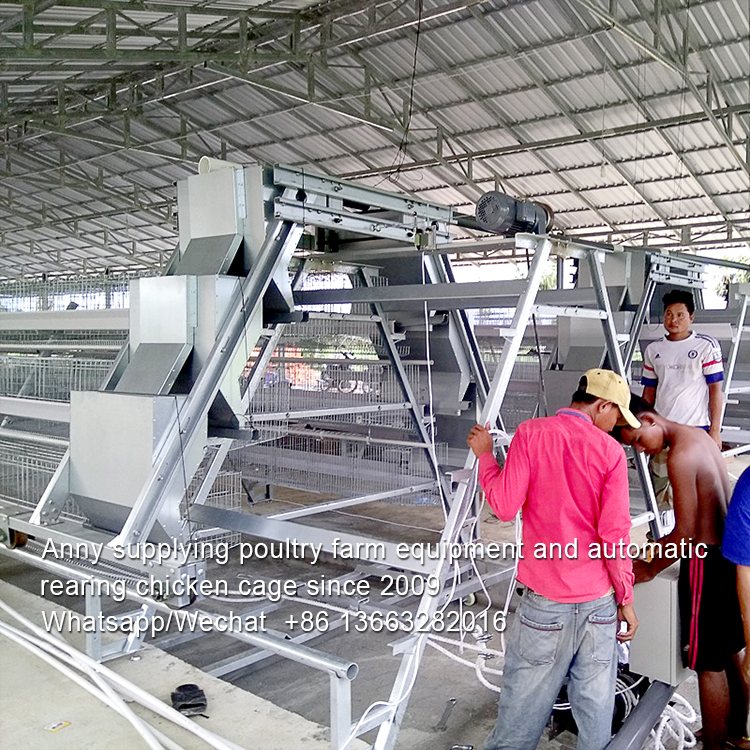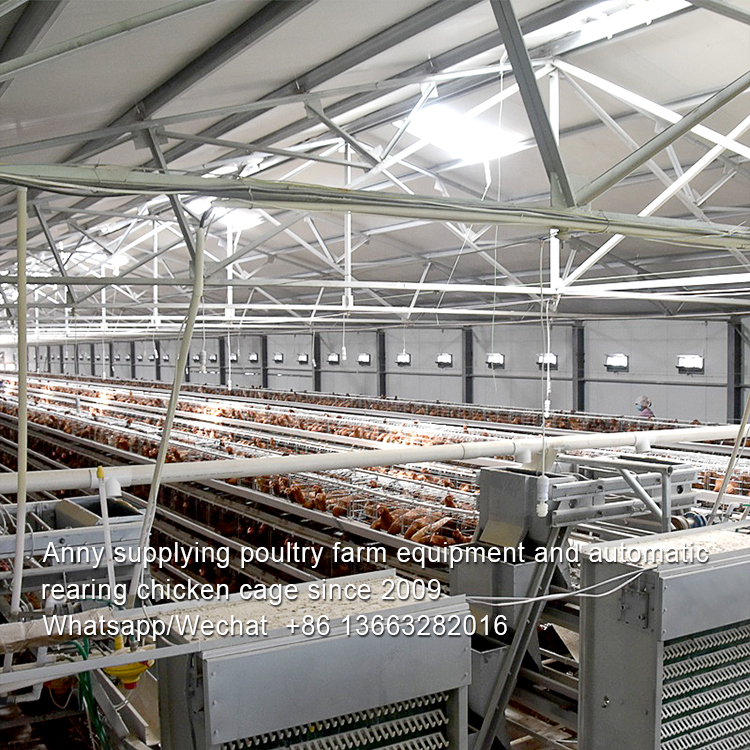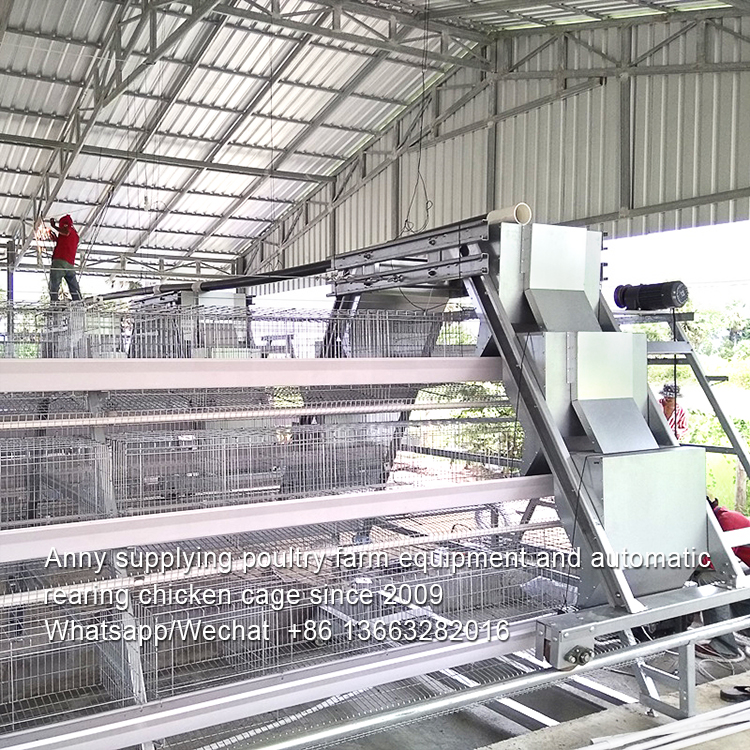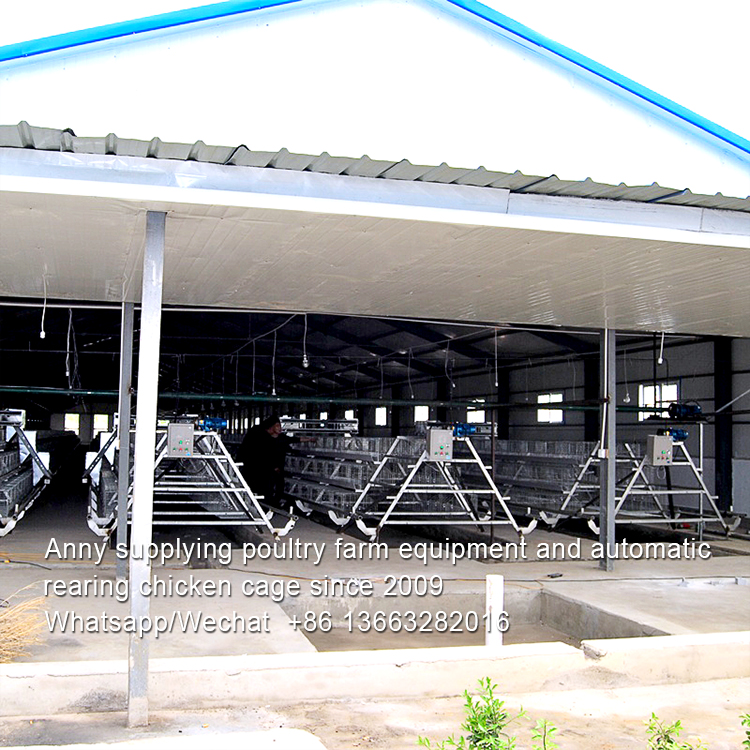How to clean farm fresh eggs is a highly controversial, the question of whether to wash egg, the process of solving whether with cold water or warm water? Whether to add soap in washing or not? Washing an egg removes some or all of the bloom (depending on which washing method you use). That is where the debate comes in. Some people only dry clean their eggs – paper towel, dry cloth, sandpaper, or even the good ‘ole fingernail. Others feel that they should clean their eggs with a damp cloth or paper towel.




Interestingly, the United States is one of the only countries in the world that requires the washing of commercially produced eggs, and has spent vast resources in developing methods for how to wash fresh eggs. The vast majority of our European counterparts legally restrict commercially produced eggs from being washed. In Ireland, for example, only unwashed eggs can achieve Grade A or AA. Washed eggs, under Ireland’s Food Safety regulations, receive a B grading and cannot be sold at retail. Also noteworthy is the fact that an egg with its bloom left on does not need to be refrigerated. This is the reason that most Europeans do not keep their eggs in the fridge but rather on the counter.
1.Use warm water, not cold water. Warm water can cause the contents of the egg to expand against the shell, helping to prevent bacteria to enter through the shell. No need to use harsh soap, bleach, or vinegar…warm water is sufficient.
2.Cold water can cause the contents of the egg to shrink, creating a vacuum that can pull bacteria into the egg through the porous shell.
3.It is recommended to not saturate or soak eggs in water. If they are that soiled, it may be best to just trash it.
One of the best things about raising our own chickens is knowing what they are eating and therefore knowing what goes into the eggs that they lay. As chicken keepers, it is ultimately a personal decision for each of us as to how we clean our eggs.
Why we need to know how to wash fresh eggs. It comes from a deeply rooted cultural mind-set that “cleanliness is next to Godliness.” Perhaps our national intolerance of dirtiness is simply subliminal conditioning. We are bombarded with endless advertising telling us that we are on the frontline of the war against bacteria that can only be battled armed with a vast variety of anti-bacterial products that just happen to be for sale. Our collective aversion for any and all things perceived to be “dirty,” has actually put us significantly more at risk to bacteria in at least one area — eggs.
The biggest health risk associated with eggs is being exposed to Salmonella bacteria. Most types of Salmonella grow in the intestinal tracts of animals and are passed through their faeces. Most humans become infected with Salmonella after eating foods that are directly or indirectly contaminated with animal faeces. With chicken eggs, the eggshell is exposed to Salmonella usually after the egg has been laid as a result of poor animal management practices (i.e. the bird is living in a faeces infested condition) and not necessarily from backyard chickens.
If eggs can get dirty after being laid, it logically makes sense to wash them, right? Washing fresh eggs will help eliminate the risk of contamination, right? Wrong.
Eggshells are almost entirely composed of tiny calcium carbonate crystals. Though an eggshell appears solid to the naked eye, it has as many as 8,000 microscopic pores between the crystals forming the shell. These tiny pores allow for the transfer of moisture, gases, and bacteria (e.g. Salmonella) between the inner and outer eggshell. Nature has provided an efficient and effective defence against contamination through the pores in an eggshell. Just prior to laying an egg, a hen’s body deposits a protein-like mucous coating on the outside of an egg. This protective coating is called the “bloom” or “cuticle.” This protective coating seals the pores of the eggshell, thereby prohibiting the transfer of bacteria from the exterior to the interior of the egg.
Our China broiler chick cage and poultry equipment Factory
Hebei Best Machinery And Equipment Co., Ltd.,found in 1996, 360KM from BEIJING city, from raw materials to finished products, strict implementation of ISO 9001:2008 quality management system.
Our Nigerian branch broiler chick cage and poultry equipment Factory
Rose of Sharon Plaza by Oko filing bus stop, Igando road, opposite Oando filling station, Lagos, production line is from our Chinese factory directly, 3 to 5 years longer using than local battery cages.
If you have any plan on poultry farm, please free to contact me, I supplying farm equipment and automatic rearing battery cage since 2009.
Anny Wang, Whatsapp/Wechat +86 13663282016



